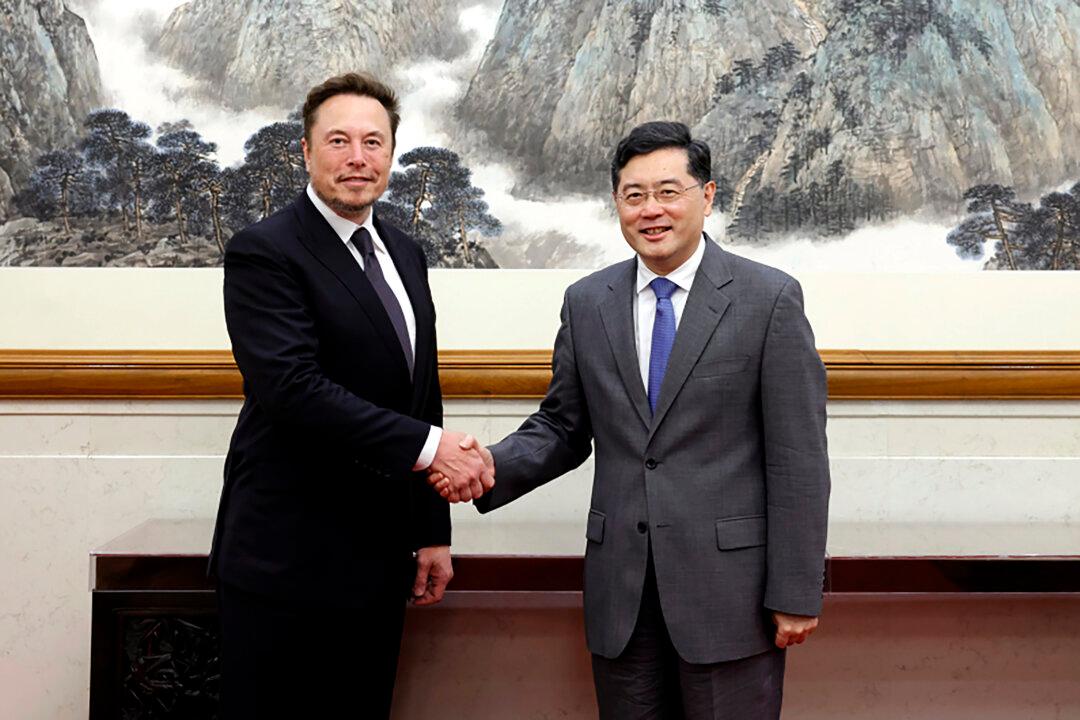Commentary
A year before the 9/11 terrorist attacks, one James M. Lindsay, then senior fellow at the liberal Brookings Institution, now director of studies at the Council on Foreign Relations, lamented of the ongoing aftermath of the Cold War that “at the very moment that the United States has more influence than ever on international affairs, Americans have lost much of their interest in the world around them,” and argued that “the most important foreign policy challenge … is not encouraging democracy in Russia, coping with a rising China, or advancing a liberal economic order. Instead, it is persuading the American people to pay more than lip service to their internationalist beliefs.”





